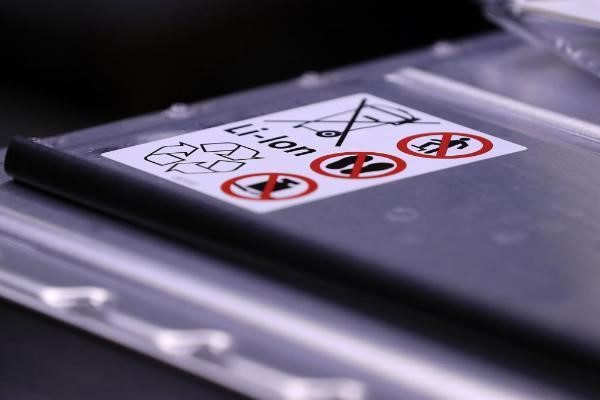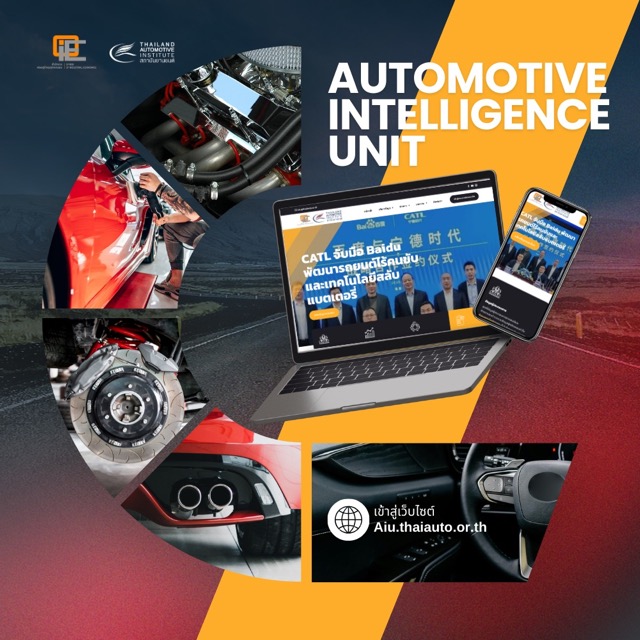- Silver
- สมาชิกระดับ Silver
- ฟรี
- สามารถเข้าถึงข้อมูลข่าวสารขั้นพื้นฐานได้
- ข้อมูลผู้ประกอบการต่างประเทศ
- ข้อมูลสถิติในประเทศและต่างประเทศ
- มาตรการทางการค้าระหว่างประเทศ
- กฎ ระเบียบ นโยบายในประเทศ
- เทคโนโลยี และงานวิจัย
- สมัครสมาชิก
ในวันที่ 19 พฤษภาคม ที่ผ่านมา รองผู้อำนวยการ European Investment Bank เปิดเผยว่า
- รายละเอียด
- หมวด: ความเคลื่อนไหวในอุตสาหกรรม
- อ่าน: 1405 ครั้ง
ผลพวงจากโควิด -19 กระทบหนักอุตสาหกรรมยานยนต์ไทย ยอดผลิตเฉพาะเมษายน ลดลงกว่า 83 %
- รายละเอียด
- หมวด: ความเคลื่อนไหวในอุตสาหกรรม
- อ่าน: 1536 ครั้ง
การระบาดของไวรัสโควิด-19 ทำให้พฤติกรรมต่าง ๆ ของผู้คนเปลี่ยนไปอย่างมาก ส่งผลให้เกิดปรากฏการณ์ new normal
- รายละเอียด
- หมวด: ความเคลื่อนไหวในอุตสาหกรรม
- อ่าน: 1387 ครั้ง




